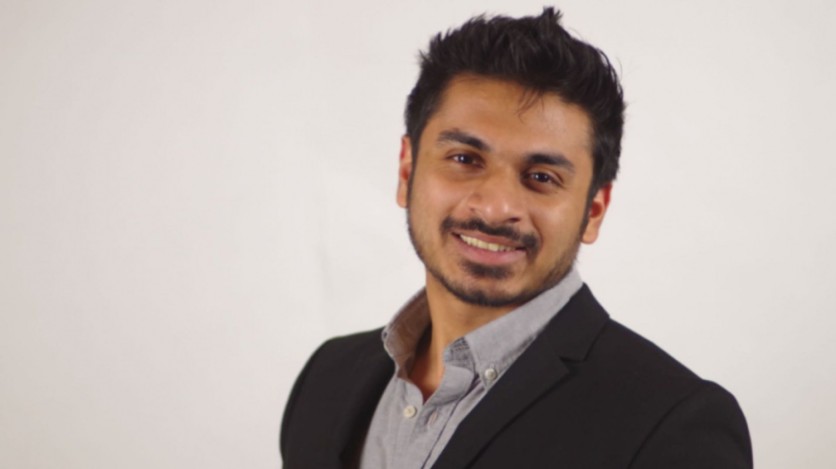
Social media has been a game changer for humanity. It isn't just an effective tool for marketing, for keeping in touch with loved ones, it has changed the way that people behave. As of January 2023, there are 246 million Americans on social media out of 340 million. It has changed the way that we consume data, share information, and it has also changed the way that we communicate and it has also revolutionized the way that we screen people.
How many times have you Googled someone you have just met or browsed through their social media just to get an idea of what kind of person they are? Companies are also employing the use of social media to ensure that they are hiring someone that aligns with their company brand. But it isn't always effective, because people can have ghost accounts that they use to do less than savory things online - when you know that everything you do can be tracked, it's only natural to want to cover your tracks.
"The internet gives individuals the opportunity to be whoever they want, and some individuals can have unsavory behaviors and these are the people that we want to keep out of sensitive environments such as schools or the government," Sajud Hamza Elinjulliparambil, a full stack developer, discovered that background checks and screenings take an obscene amount of time to process and verify, on top of which they aren't always accurate.
He took it upon himself to better the process with machine learning and developed a program to detect problematic behaviors in any space or environment.
"It is our responsibility and right to ensure that our environment is conducive to human community and safe for all, we do not want to expose our children to harassment or online trolls, nor do we want to deal with them ourselves. Life is stressful enough as it is, there is no need to add more negativity to our lives, so if we are able to reduce the risk of encountering such unsavory folk, I say we do it," Sajud shares. According to the developer, his foray in this direction started during the pandemic, when he wanted to ensure that staff moving back from remote work to the workplace are able to do so smoothly in a streamlined manner without causing problems for the workplace - or any environment, for that matter.
His experience in social media background checks made it an obvious direction to delve into and he was able to effectively assess and analyze digital footprints, eliminating any potential risks and flagging any problematic behavior. Creating a platform that analyzes data efficiently also means that he was able to implement proactive safety measures and risk mitigation strategies for companies.
Currently, some of the challenges that he faces are these ghost accounts, whereby there really isn't anything anyone can do about without severely infringing on privacy unless those accounts are somehow tied to their main social media accounts, which makes them public intellectual property. He hopes that in the future, ghost accounts will need to be verified because that is the only way to ensure that the internet stays clean and safe for all. He is also working hard on coming up with new and innovative ways to tackle these problems, though his company is currently focused on cleaning up the education industry and workforce to enhance the safety of colleagues and students.
ⓒ 2025 TECHTIMES.com All rights reserved. Do not reproduce without permission.




